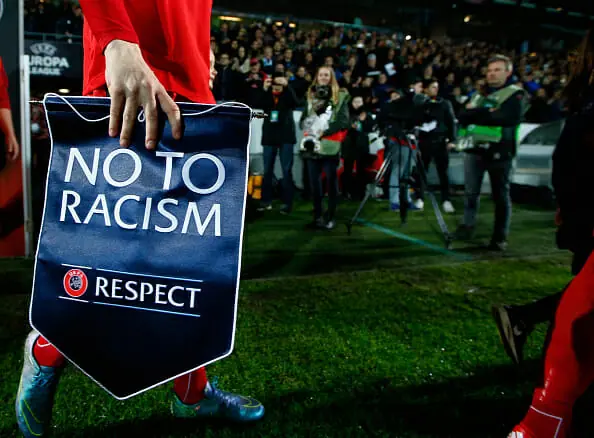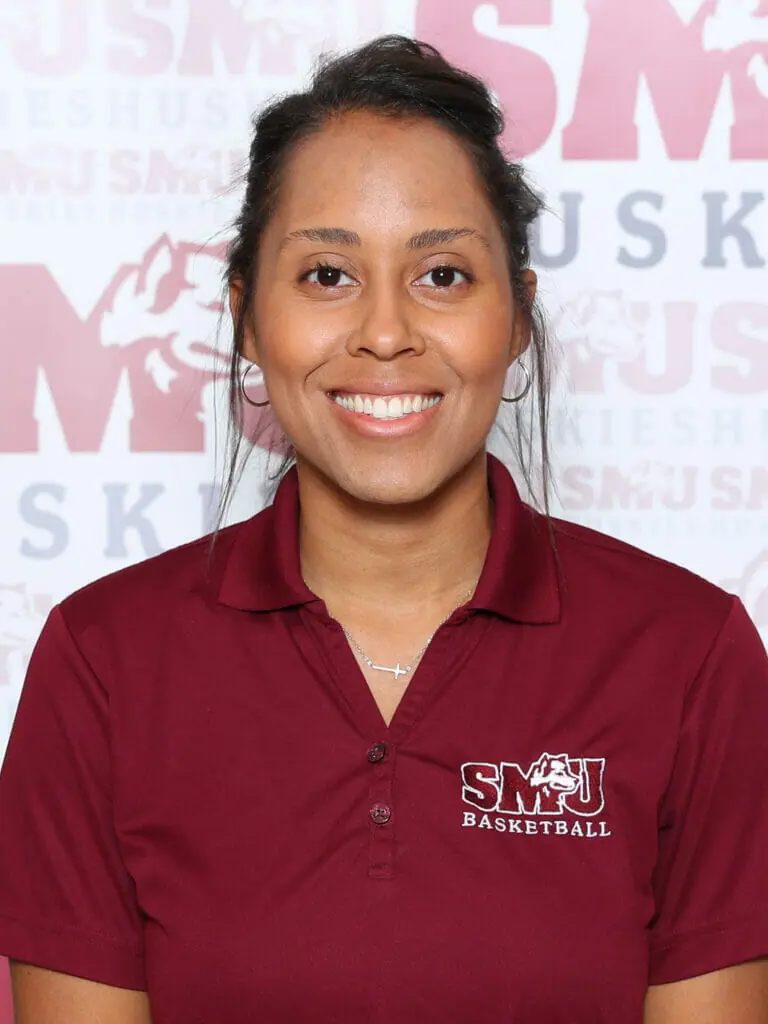By Thomas Scott
Black Nova Scotian athletes and coaches have faced many moments of racism and discrimination within their sports. The question remains: how will the Nova Scotian sports community address this issue?
Tasia McKenna, technical director and performance coach for Basketball Nova Scotia and the Saint Mary’s University Huskies women’s basketball team’s assistant coach, detailed how she has faced racism throughout her career.
“Challenges can come in a variety of different ways. It can be institutional, it can be subtle,” she said.
Although McKenna said racism can be shown in subtle ways, she has also experienced it from people who are very upfront.
“I’ve been in a situation just in the past year where I’ve been yelled at in the stands and called a thing, which was pretty uncomfortable to say the least,” she said.
Pervasive racism
Racism can take place not only in games, but any sports setting. Tyler Simmons, assistant coach of the Mount Saint Vincent University women’s volleyball team, describes the struggles of being a Black coach in volleyball.
“When it comes time for doing coaching courses, you’ll go into a room and I’ll be the only Black person in there, and that of its own is a battle, being in a room talking about the sport and everyone else doesn’t look like you,” he said.
Simmons said he hears racist comments such as “Why does this guy coach volleyball or soccer?” and “Shouldn’t you be coaching basketball or football?”
“[It’s] little microaggressions to make you feel like you’re not supposed to be in the field that you’re in,” he said.
Racism creates an unfair playing field for Black athletes, as Mark Smith, Nova Scotia Sports Hall of Famer and Sport Nova Scotia’s director of sport, said while discussing the disadvantages of being a Black athlete.
“It really resonated with me that as a person of colour, and in softball in particular where I was one of very few people of colour I’ve ever seen play the sport, I wasn’t being measured the same as my white counterpart,” Smith said.
Taking action toward change
Change is needed in addressing issues of systemic racism and discrimination in Nova Scotian sports. McKenna said change begins with asking the important questions to understand racism in sport.
“Sometimes we go a couple of steps forwards and several steps backwards,” she said. “And that’s part of the process with anything where you’re trying to make a pretty substantial change. The biggest thing is understanding. What does racism look like? What does it sound like? What does it feel like? And for anyone who’s not experienced it, it can be quite new, and can be quite shocking when you see it, especially when it’s something very overt.”
Smith said approaching the challenges that Black Nova Scotians face begins with those involved in local sports and actually creating change, not simply suggesting it.
“It’s about mandating that things change and putting a legislative policy in place that will dictate how things will change,” he said. “So that it’s no longer left up to the discretion of a president or people who run an association. So it’s determined that, by law, you will do things differently and you will provide opportunities.
“It’s one thing to talk about it, it’s another thing to take action and actually put things in place that encourage [improvement] to happen, recognizing the systemic barriers that exist.”
For improvement to happen, people must be educated about racism. McKenna said communicating with one another can lend a hand to those who need to be educated.
“I think that other people have faced racial discrimination on several different levels. And there are times where you can work through those things and navigate them,” McKenna said. “And sometimes it’s just educating anyone that may have done that towards someone. It wouldn’t be fair to say that everyone is aware of any sort of derogatory things that they may do. They just might not understand.”
Simmons said, in the fight against racism, the difference between being a bystander or being part of the solution is crucial.
“The problem is,” he said, “are you willing to speak up in that situation [and] tell someone that what you saw is not good?”




Recent Comments